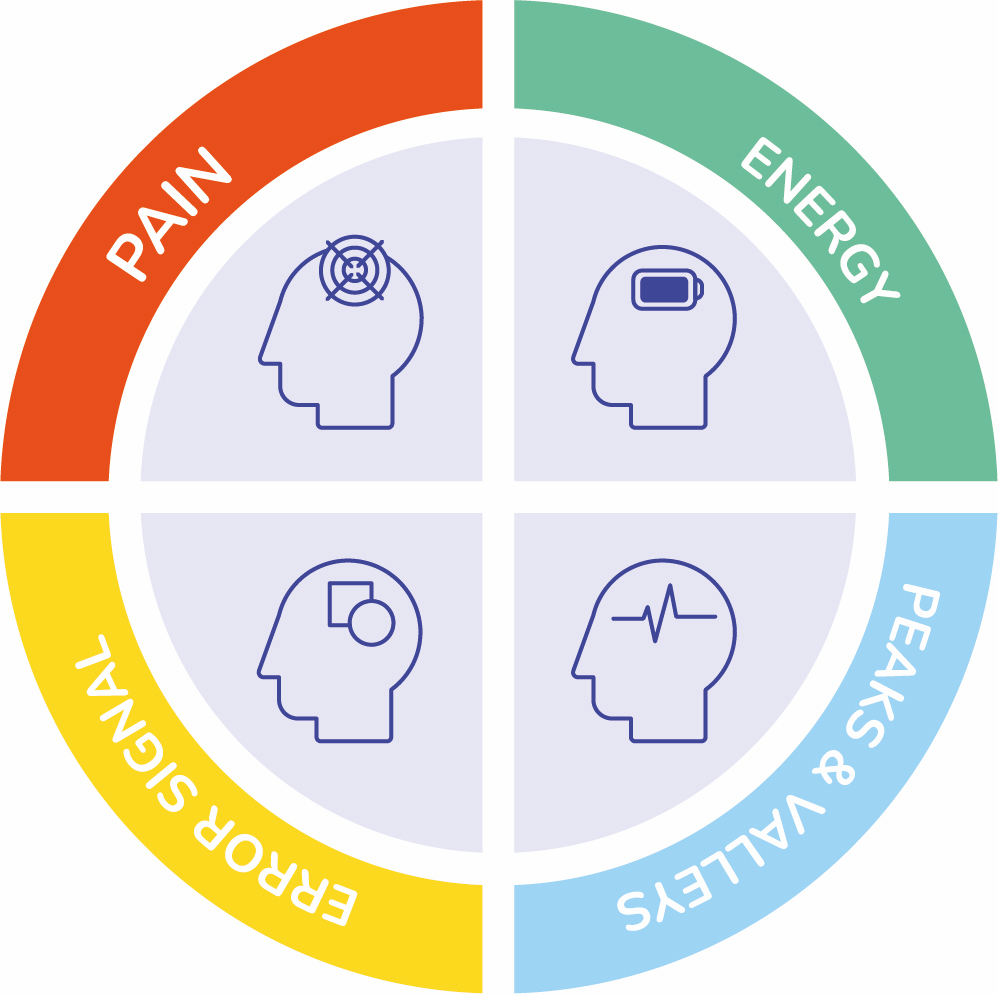In today’s business and personal environment, characterized by rapid technological advancements, disruptions, multiple and constant changes; “adaptive” change has become part of the language and jargon of leadership and change management; but do we actually know what does it mean and why it matters?
Adaptive change is a flexible approach to managing changes that emphasizes the ability to adjust and respond to new conditions and circumstances continuously and therefore facilitates innovation, provide solutions to complexity and if implemented properly will increase efficiencies and profitability.
Adaptive change is based on the understanding that change is not a linear or predictable process but instead it is dynamic and therefore involves uncertainty and ambiguity. It does require us to modify our approaches to work as individuals, as an entire group or even more as an entire organization. It does require the ability for continuous learning and experimentation to determine the best solution.
Adaptive change requires leaders and leadership styles that support people to change habits and interpretations rather than only focus on processes and systems.
Adaptive leadership is all about how humans change, adapt and make decisions under challenging situations. In many circumstances, as a result of the necessary adaptive change people are losing their expertise, status and often push out of their comfort zone.
In the meantime, important decisions are made under tangled “emotions” of threat, fear, disgust, anger or even over excitement among others, which most of the time individuals are not aware of them and therefore can lead to poor performance or even not being able to achieved the desire goals.
Neuroscience enable us to understand how our brain perceive change and most importantly is giving us insights about WHAT WE CAN DO to more efficiently manage the process of decision making and adaptation to change to achieve the desired results. Moreover, neuroscience provide us with practical solutions to help us” hack” our brain to work with the neurobiology and emotions in our side rather than against us.
Neuroscience for change is becoming more and more a must to have skill and a qualification that all leaders and change managers should be learning and practicing. For example, neuroscience for change provide us with simple every day strategies we can implement to deal with fear, lack of engagement and cynicism as result of losing expertise. The creation of small habits within the team such as providing the right information at the right time, celebration small progress or encouraging learning from mistakes can make a huge difference how people facing change adapt to constant change and make better decisions.
It is all about very simple understanding how to work with people’s neurobiology (emotions) in our side rather than against us and to “hack” the brain to do so in a practical way.
During the last 15 years neuroscience research has provided the research and grounds to create powerful and practical frameworks, solutions and technologies to help leaders, change managers, coaches and consultants with the HOW TO implement strategies effectively to manage challenges, emotional intelligence, leadership, brain bias, diversity and inclusion, communication, change and other key areas impacting how people interact at home and at work.
In this effort to harness the power of neuroscience to find simple and practical ways on HOW TO “hack” our brain to support adaptive change; this year was launched to the market PEPE© model, the only solution created by neuroscientists and practitioners together, accredited by a professional body (APMG International) and endorsed by the International Academy of Neuroscience and Education.
PEPE© model is a powerful and proven solution based on neuroscientific research for anyone wishing to cope and thrive under high volume of change and challenging situations by building resilience, engagement, and well-being. PEPE© model is a practical approach to manage individual change as part of organizational change, which can also be apply to support personal behavior change. It is a valuable tool for leaders in charge of change.
By combining the insights from neuroscience (the “what to do”) and PEPE© model (the “how to do it”), organizations can develop practical, comprehensive and emotionally intelligent leadership and change management strategies, ultimately leading to higher success rates in change adoption.
Want to learn more about Neuroscience for Change? You can be one of the first leaders or practitioners to obtain the new certification in Neuroscience for Change accredited by a professional body, APMG and to use PEPE© model to support “adaptive” change.
The next available courses to get certified in Neuroscience for Change are:
- 16th and 17th January 2024 (Online, live and interactive)
- 5th, 06th, 07th and 08th March 2024 (Online, live and interactive)
For more information visit: https://pepeneuroscience.com/
About the author: Tibisay Vera is a neuroscientist, the author of PEPE© model and the co-scheme owner of Neuroscience for Change certification accredited by APMG International
She is also the founder of Sparking Performance, a neuroscience-based consultancy for managing change and the Director in UK of the International Academy of Neuroscience and Education. Tibisay Vera has a MSc in Clinical Neuroscience with more than 20 years change management experience.
